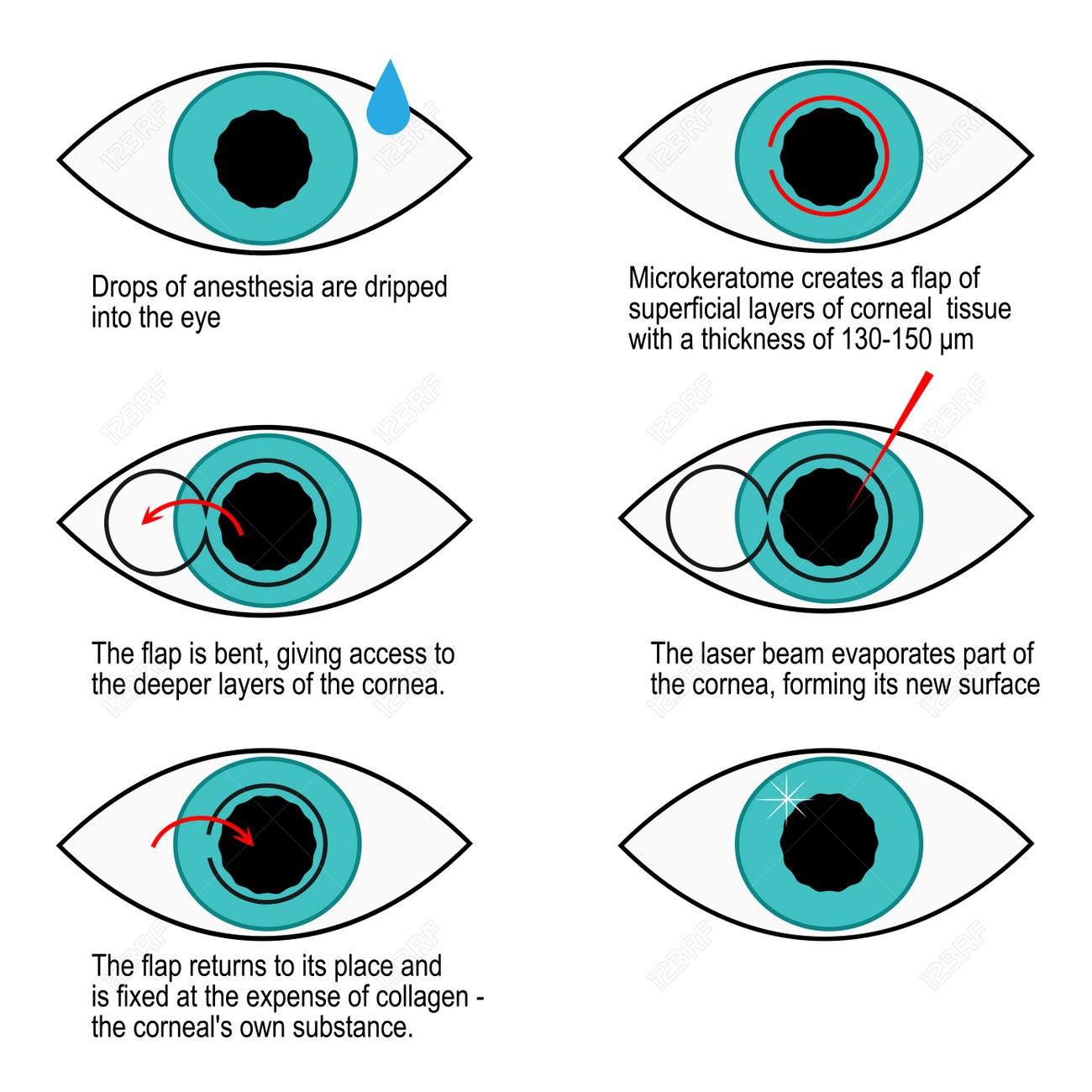The Complete FAQ On Refractive Lens Exchange: All The Info You Require
The Complete FAQ On Refractive Lens Exchange: All The Info You Require
Blog Article
Article By-Lauesen Huynh
If you're considering refractive lens exchange, you probably have a great deal of inquiries. This treatment might change exactly how you see the world, providing advantages like minimized dependancy on glasses. Nevertheless, Glasses Or Contacts to recognize the process, threats, and who certifies as an excellent candidate. Allow's discover these important aspects so you can make an educated decision about whether RLE is right for you.
What Is Refractive Lens Exchange and Exactly How Does It Work?
Refractive lens exchange (RLE) is a surgical procedure designed to change your eye's natural lens with a synthetic one, fixing vision problems like nearsightedness, farsightedness, or presbyopia.
Throughout the treatment, your specialist makes a tiny cut in the eye, removes your all-natural lens, and inserts an intraocular lens (IOL) tailored to your vision requires. This outpatient surgical procedure commonly takes around 15 to thirty minutes per eye and is executed under local anesthetic.
You'll likely observe improvements in your vision almost promptly, though full healing might take a couple of weeks. RLE is especially valuable for those over 40 or with high prescriptions, offering a long-lasting remedy compared to glasses or contact lenses.
Your eye treatment specialist can aid figure out if RLE is right for you.
What Are the Advantages and Dangers of Refractive Lens Exchange?
Selecting refractive lens exchange can cause significant renovations in your vision, but it is essential to evaluate both the benefits and risks before choosing.
On the bonus side, this procedure can boost your eyesight by remedying issues like presbyopia, myopia, and hyperopia. Numerous clients enjoy minimized reliance on glasses or call lenses, which can considerably improve their quality of life.
However, it's critical to think about possible threats. Difficulties can consist of infection, glare, or halos around lights.
There's likewise a chance of overcorrection or undercorrection, which may call for added treatments.
That Is a Suitable Candidate for Refractive Lens Exchange?
If you're taking into consideration refractive lens exchange, it is very important to recognize whether you fit the profile of an excellent prospect. Generally, you might be an excellent candidate if you more than 40, experience presbyopia, or have high levels of nearsightedness or farsightedness.
It's likewise important that your vision is steady, suggesting your prescription hasn't transformed dramatically in the past year. If you have cataracts or various other eye problems, you may benefit from this treatment too.
Nonetheless, particular aspects, like unchecked diabetes mellitus or autoimmune illness, might disqualify you. To determine your candidacy, consult with an eye care professional who can evaluate your certain scenario and recommend the very best strategy tailored to your demands.
Final thought
In conclusion, refractive lens exchange can be a transformative choice for boosting your vision, particularly if you more than 40 or have a high prescription. While the advantages are significant, it's crucial to weigh the dangers and consult with your eye care specialist to figure out if you're a perfect candidate. With the best info and guidance, you can make an informed decision and possibly delight in a life with decreased dependancy on glasses.
